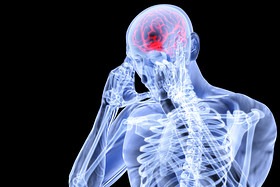Posts Tagged ‘attention-deficit-disorders’
Are you familiar with these research findings and technologies revolutionizing Brain & Mental Health?
___________________________________ Try adding 3 and 8 in your head. That was easy. Now, trying adding 33 and 88. That was probably more difficult. Finally, try adding 333 and 888. Time for SharpBrains’ October e‑newsletter, this time discussing a range of research findings and technologies revolutionizing brain and mental health. New thinking about cognition, brain and mind: Study suggests the…
Read MoreTo delay dementia, try challenging (vs. routine) brain stimulation…up to a point
Brain games that could pay off in retirement (MarketWatch): “Cognitive aging is the biggest health crisis in our country,” said Denise C. Park…the monetary cost of dementia in the U.S. tops $157 billion annually, according to estimates by the Rand Corp.—and that number could more than
Read MoreNeurofeedback/ Quantitative EEG for ADHD diagnosis
Like all psychiatric disorders, ADHD is diagnosed based on the presence of particular behavioral symptoms that are judged to cause significant impairment in an individual’s functioning, and not on the results of a specific test. In fact, recently published ADHD evaluation guidelines from the American Academy of Pediatrics (AAP) explicitly state that no particular diagnostic…
Read More

